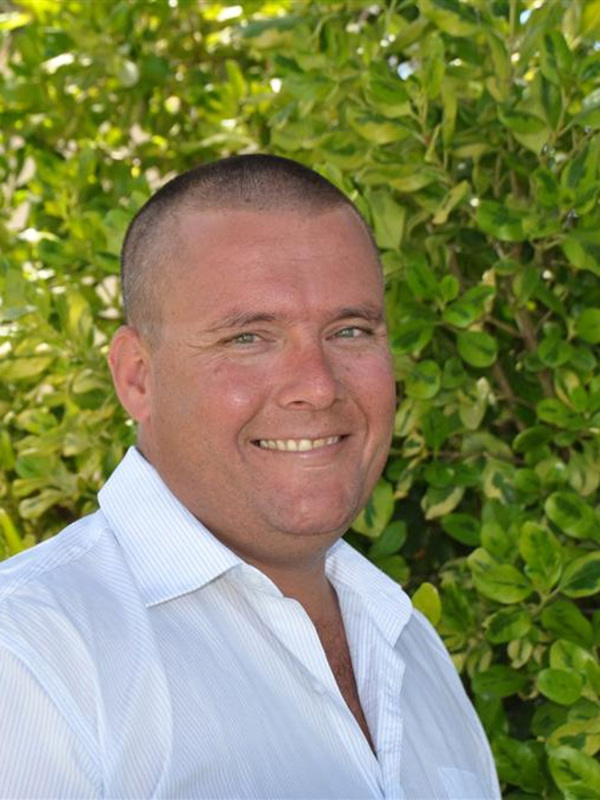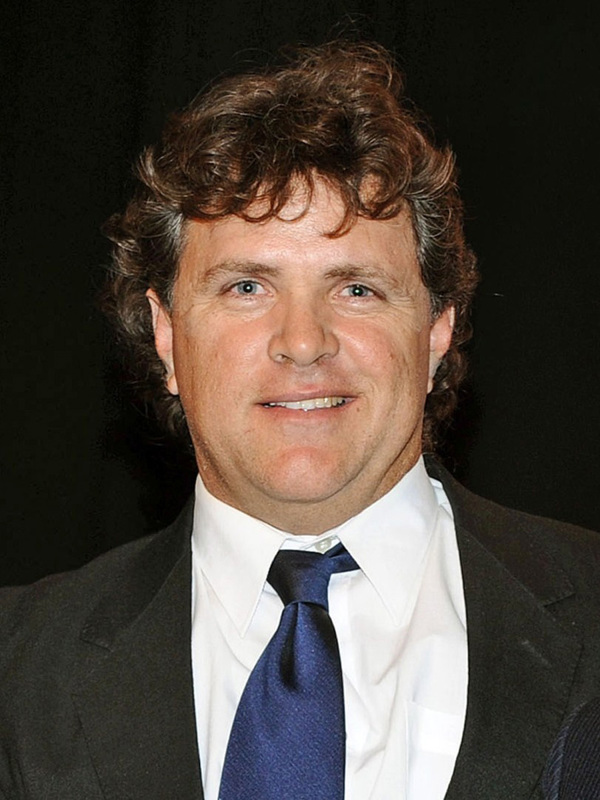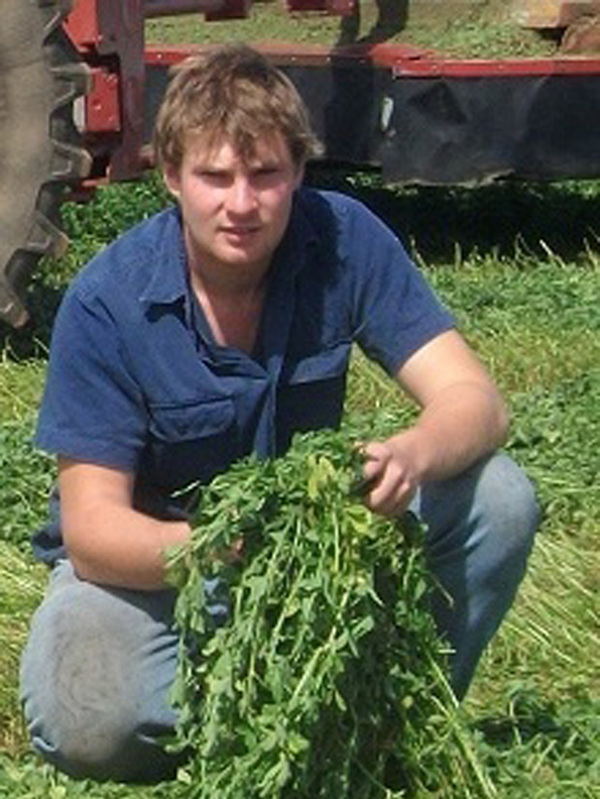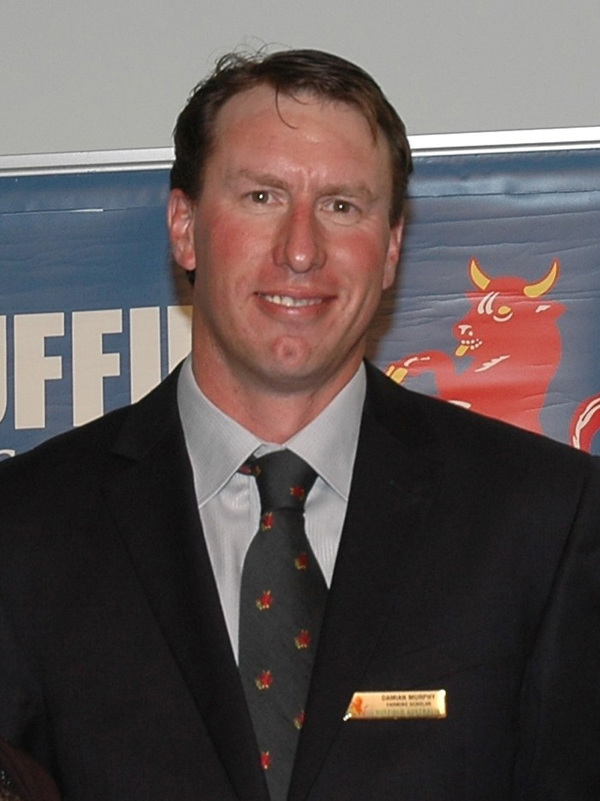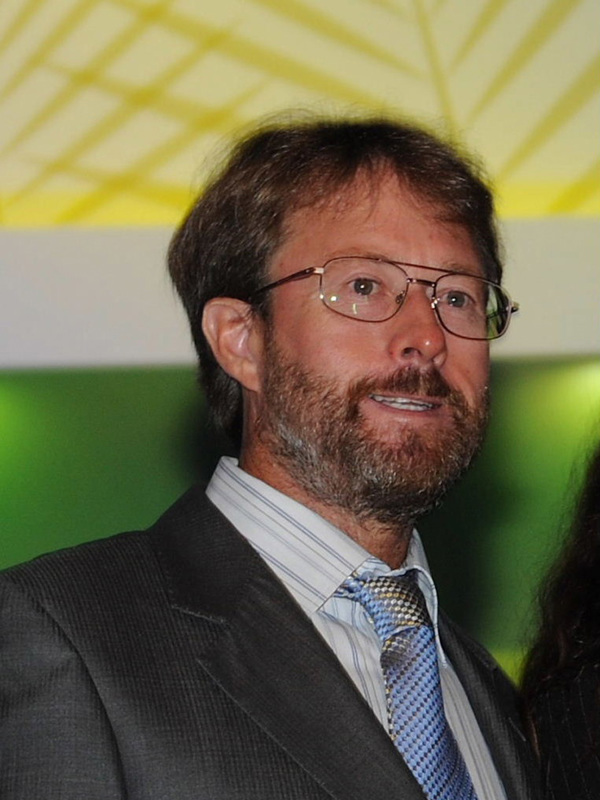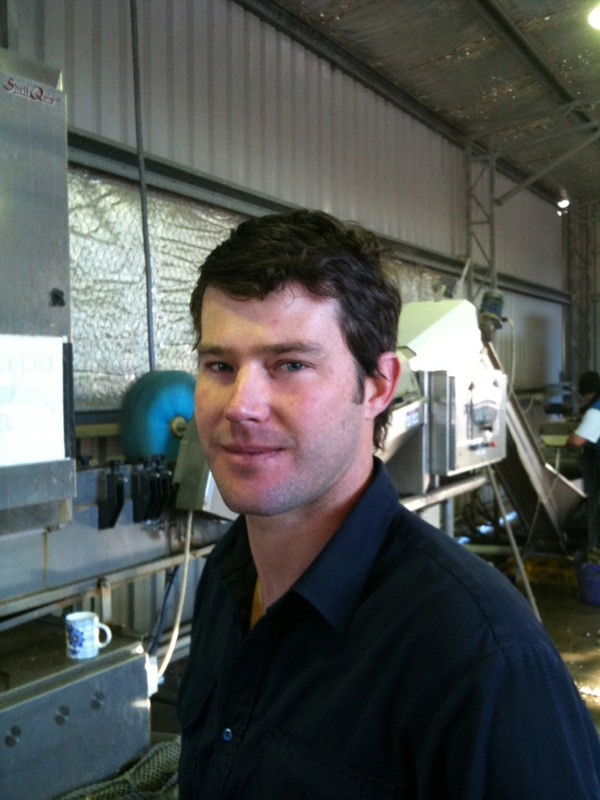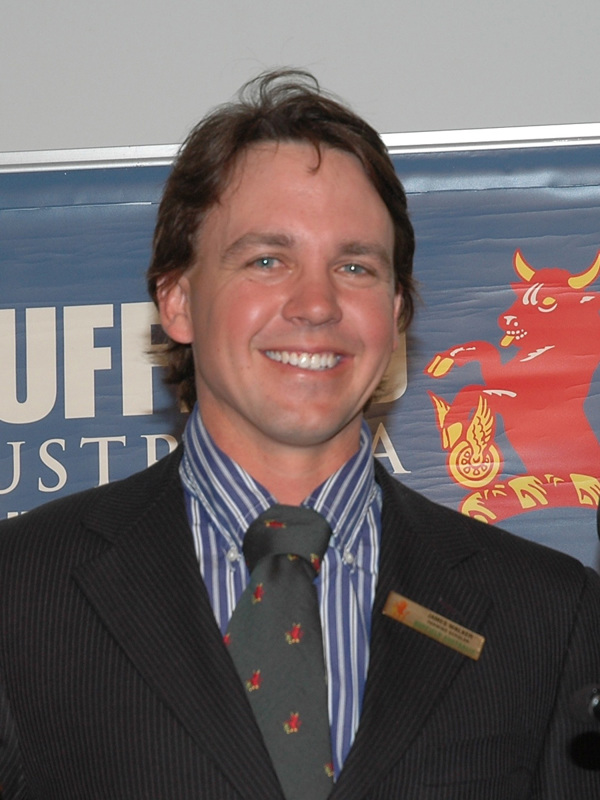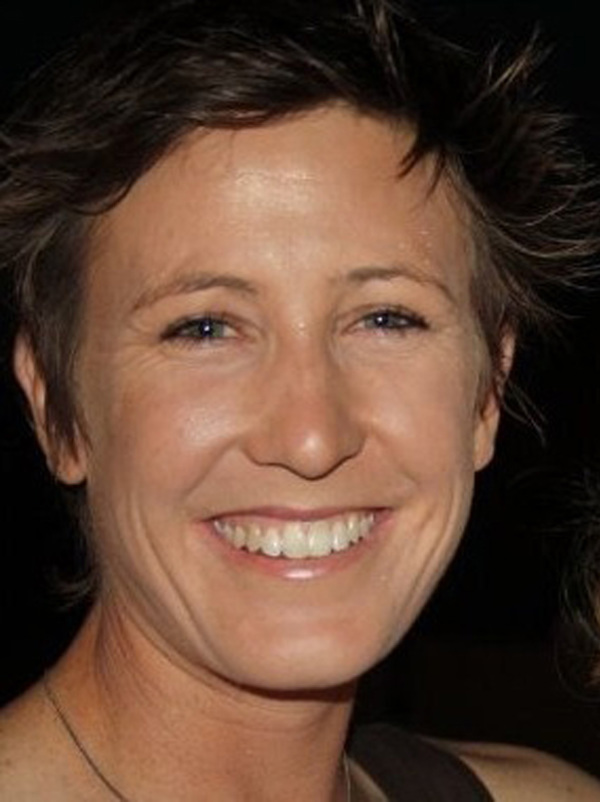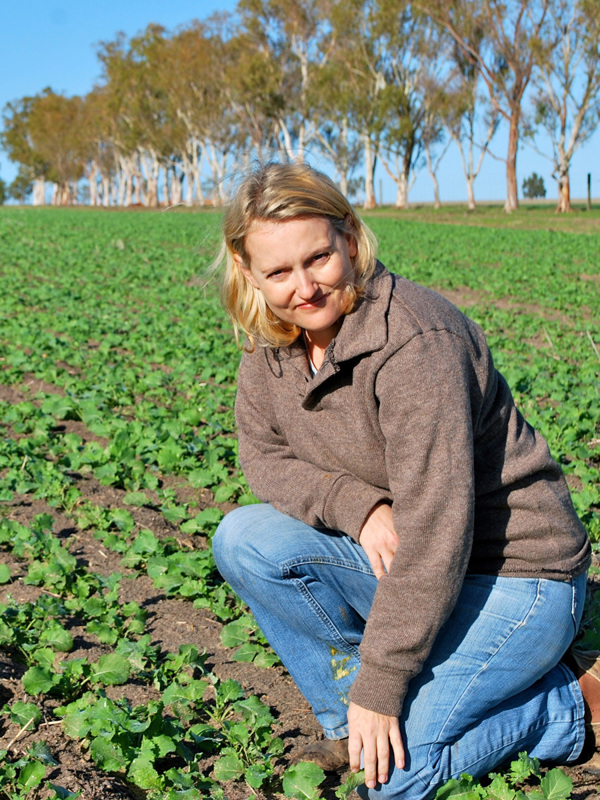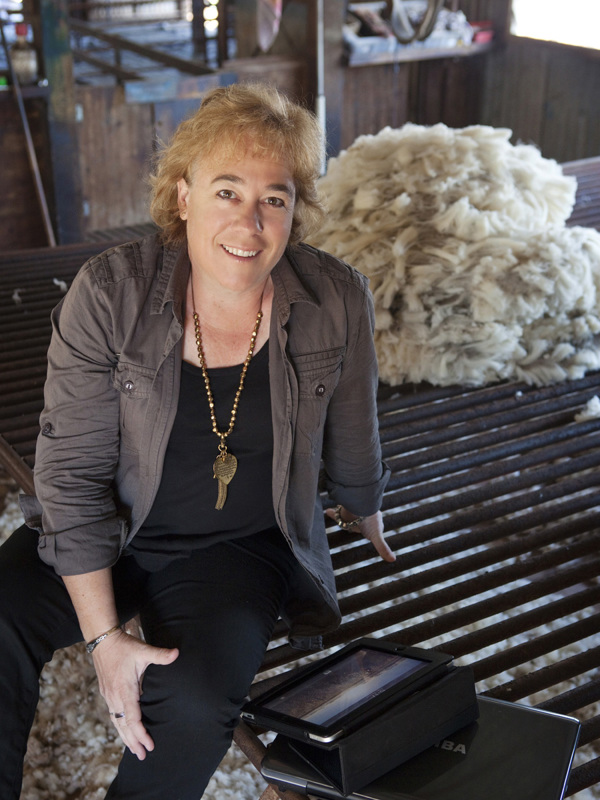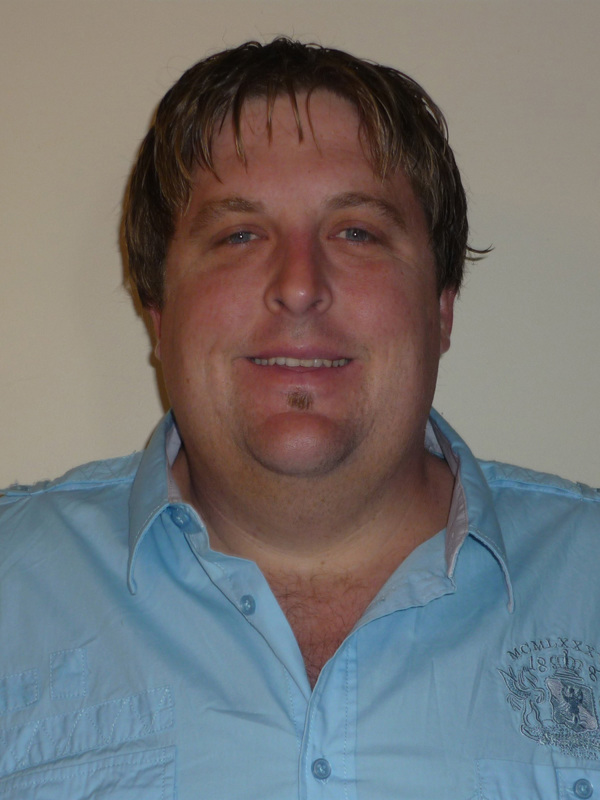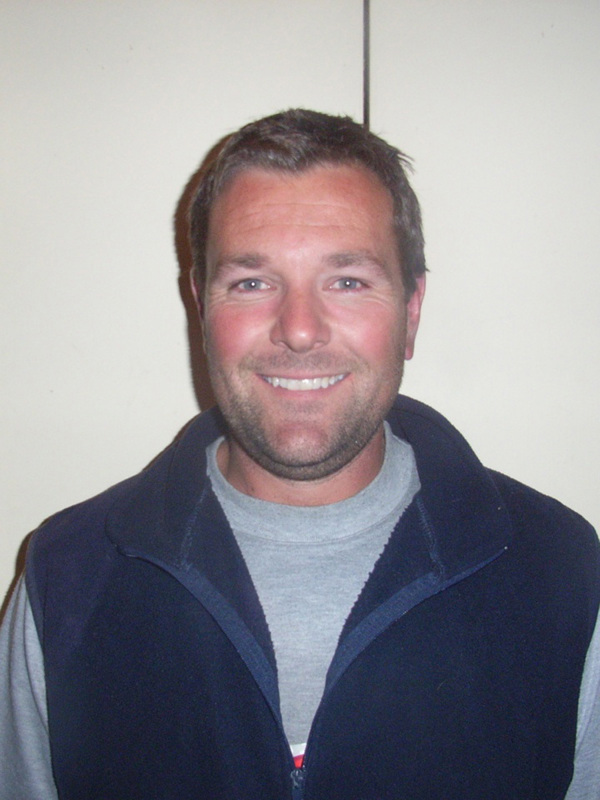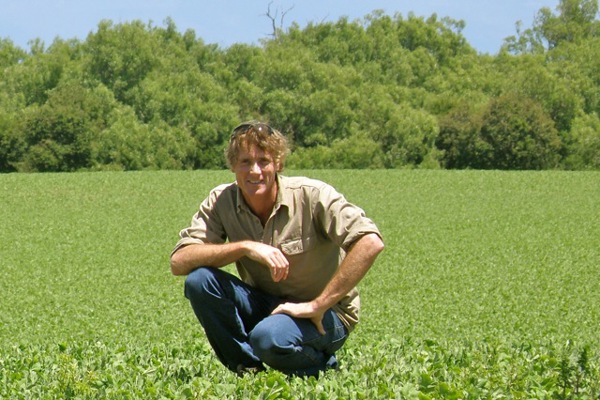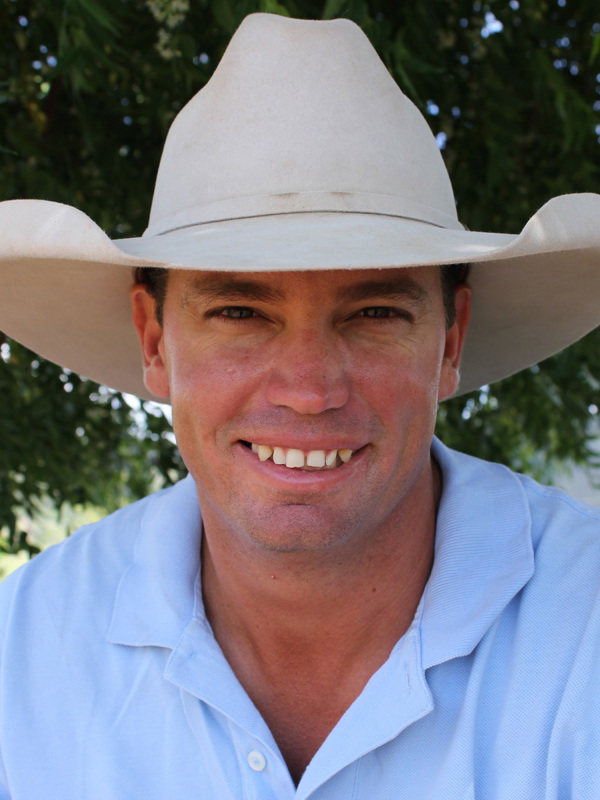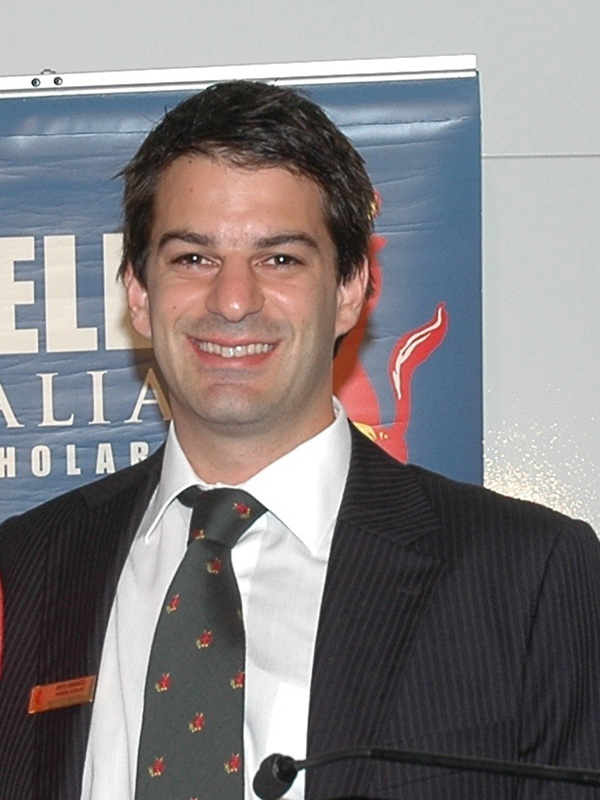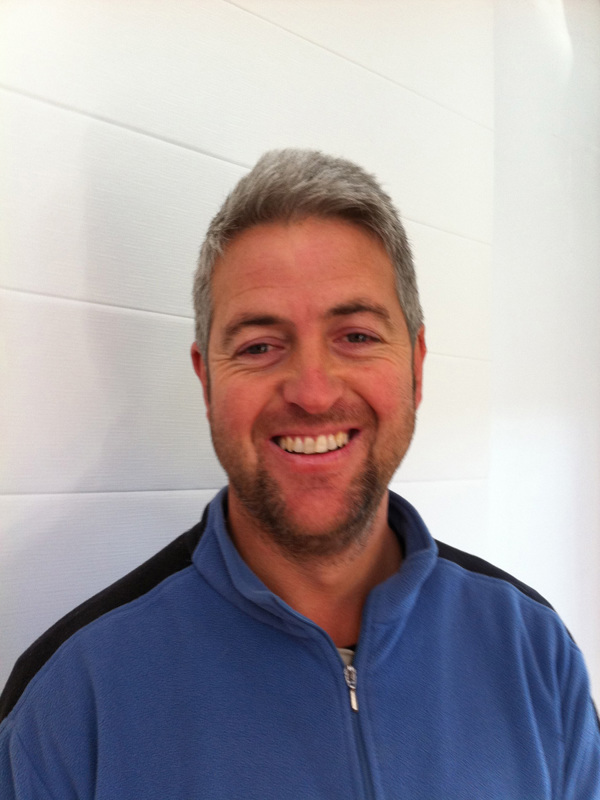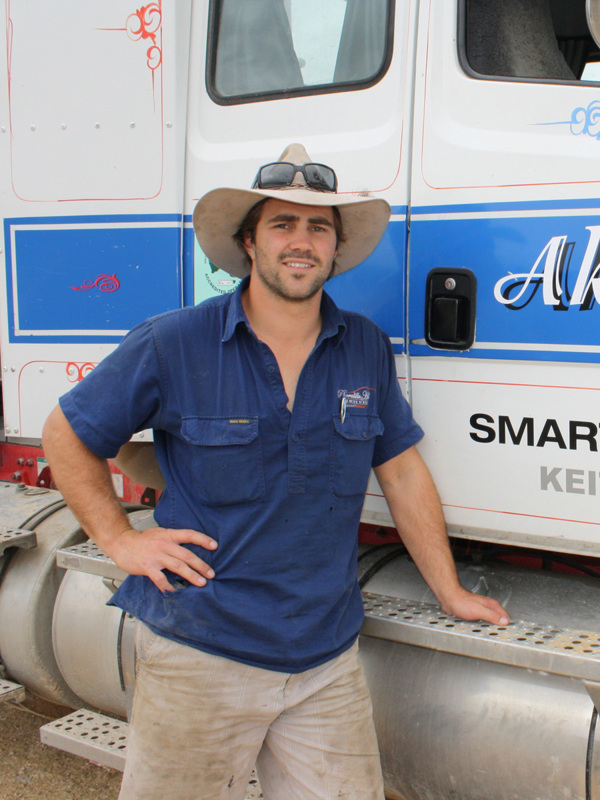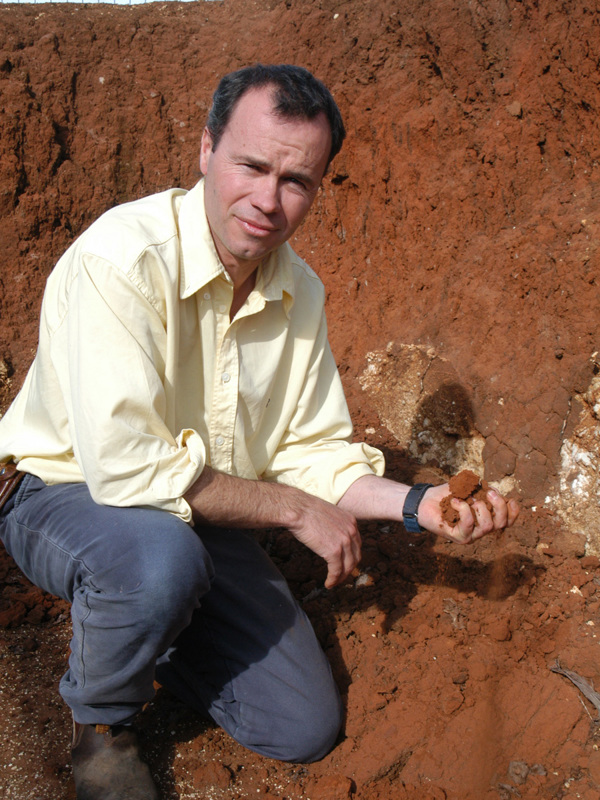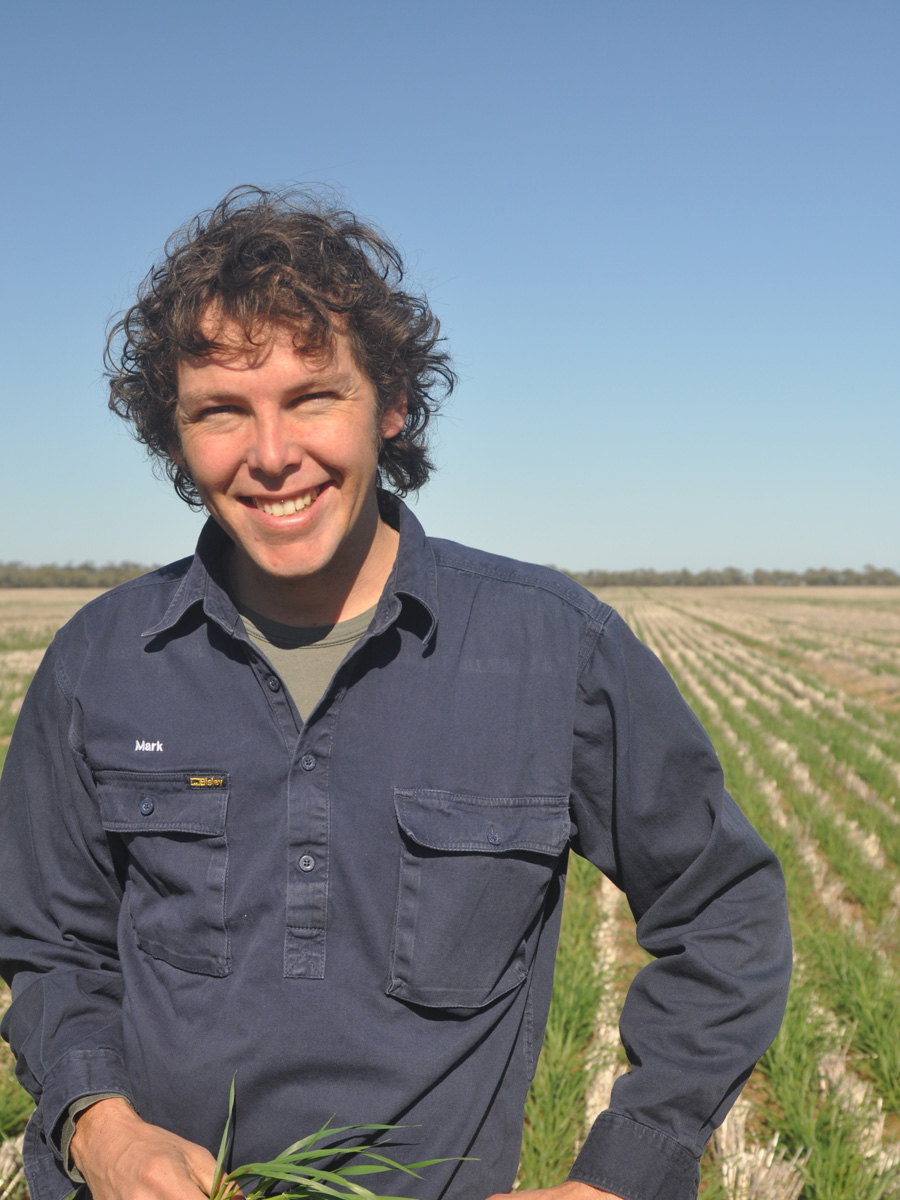
Mark Swift

It was during the debate over access to GM canola in 2006 that Mark Swift began hearing about the Precautionary Principle. The theory is that if an action or policy is suspected to be of high risk, without evidence to the contrary, the burden of proving otherwise falls on those taking the action. Mark says the same theory came up again in 2008 during a discussion about what was limiting productivity in agriculture in Australia.
“It made me think, if it took me that long to get access to GM canola, what else am I being restricted from, and what’s that doing to the system?” Those brushes with the Precautionary Principle provided the inspiration for Mark’s scholarship.
“While I quickly realised the Precautionary Principle was not going to be the focus of my research, it did set me on a path to look into all sorts of technology to understand what could inhibit it from getting to market. In the end I came to the conclusion that we were really talking about society’s version of risk management, and whether or not I agreed with it wasn’t the question,” Mark explains.
While the topic of risk management is a broad one, Mark focussed
“What I ended up coming to was basically looking at it as a polar condition in terms of psychology, in that when we are introduced to something new, what are our thoughts on that – are we cautious of it because we perceive a danger, or do we wish to exploit opportunities that may arise,” he says.
To tackle the broad subject, Mark decided to travel and look at new technologies to get a grasp on what could get in the road of adoption.
“I went to Japan to look at autonomous tractors, that then also took me to Germany and the USA, where I also looked at unmanned aerial vehicles. I then visited some of the big biotech and ag-chem companies in Europe and the US, before trying to get an understanding from the lobbyists around those industries in Washington and Brussels as to what was going on, and the impact that the political space was having on it.”
Mark believes it’s all about how you position debates about issues such as GM canola.
“In terms of restrictions, and if it is a psychological debate, which I think it is, it is about framing the discussion around agriculture and food production – it’s about telling the broader story and putting it all in context, particularly on innovation. We haven’t been caught in the same space for the last 2000 years, we’ve progressed, and so we have to talk about how has agriculture progressed and what have been the drivers of that success. I don’t really come out of it with answers, I just come out of it with a different way to ask the question, and I think those questions will help us as we progress."
